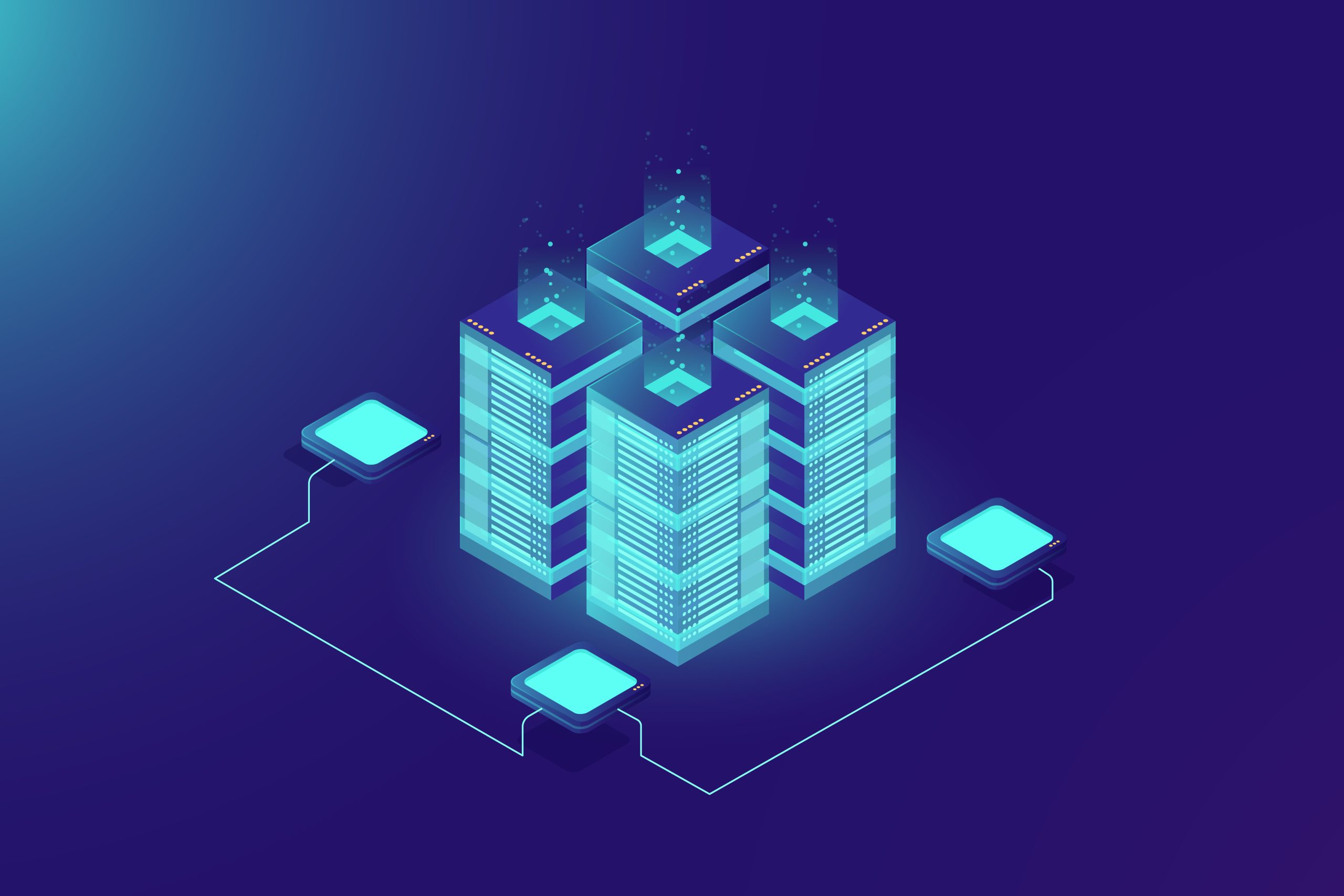Blockchain technology is increasingly becoming popular and has impacted many industries. This technology has revolutionized the healthcare, finance, real estate, and education industries. It is no wonder its global market is estimated to reach $20 billion by 2024.
Now, it looks like the blockchain is making inroads into the mobile app development segment. Thanks to its decentralized architecture, mobile apps and software developers are taking advantage of it to correct several shortcomings.
Blockchain supports digital currency, such as Litecoin, Ethereum, and Bitcoin, enabling a secure and transparent payment process, thus reducing the necessity of a middleman. It also lets you keep a transparent and immutable record of transactional digital information and ensures no data tampering. To understand how blockchain technology disrupts the mobile app development segment, let’s look at how it benefits developers.
Blockchain provides increased data security
One of the main concerns among both mobile app developers and users is security. With data breaches happening worldwide on a massive scale, people tend to stay away from apps as they fear an invasion of privacy. When apps are developed with Blockchain, it can increase data privacy, thus making the apps more secure. Its encryption technique is impassable since all the data is encoded and saved with a cryptographic hash. And because of its decentralized architecture, the risk of third-party apps causing chaos is less. Also, with blockchain, there is a timestamp attached to every transaction. It makes data manipulation and redefining operations almost impossible.
It is a great boon for mobile application developers and end-users.

Blockchain brings transparency
The decentralized system records all the transactions in the public ledger, allowing anyone to track them as and when they want to. It brings transparency and reduces the risk of fraudulent transactions or made-up information. The entire system is thus tamper-proof. Also, as the solution is scalable, you can quickly scale in numbers of end-users if you are developing mobile apps using blockchain. Moreover, Blockchain guarantees mobile apps’ safety even when upgrading the features.
Blockchain offers high reliability
Blockchain can increase the reliability of a mobile application as it has a robust and reliable infrastructure. Blockchain nodes are dispersed worldwide and in sync with each other. Thus, it ensures that the duplicate copy of the data is imitated across numerous devices in different settings. Due to its decentralized system, there is less chance of the system crashing or collapsing. What’s more? Since the data in each block gets processed in several locations, it is more reliable.
Blockchain is easy to implement
You can’t deny that developing new blockchain technology is difficult, but implementing it is pretty straightforward. Dealing with complex technology demands more time and effort to implement and integrate, thus increasing the app development cost and maintenance.
However, blockchain removes the problem as developing mobile-based blockchain applications is simple. It saves time and ensures cost-efficiency for mobile app developers, enabling you to offer a feature-rich mobile app to your customers.
Easy accessibility of tools
Blockchain tools and processes are easily accessible to developers. Moreover, this technology is open-sourced; thus, you can suggest changes resulting in improved blockchain implementation.
It can even store data permanently, which can’t be modified and can be retrieved anytime, anywhere. Thus, mobile apps developed with blockchain can significantly benefit financial institutions, shipping, and logistics companies.
Blockchain will address in-app purchase issues
The process necessary to make in-app purchases has always been an issue. Smartphones are used by almost everyone today, but many users still lack the means to make in-app purchases. And the problem lies with the process. Users must make payments via credit cards or other payment methods unavailable to them. And even when a user has a credit card, there is the fear of getting compromised when personal information is shared, not to mention the gateway fees, app store fees, card processing fees, and bank transfer fees.
With the current process, the developers receive only a tiny fraction of the amount paid for the app. However, when you use the decentralized blockchain model, you can use app coins to pay the app store. And the developer can take more than 80% share. Blockchain will also make in-app purchases much easier for users as app coins can be used as a payment method instead of credit cards. Moreover, users can earn app coins via a reward system since developers reward users for making purchases and continued use.
Blockchain will develop the advertising model
In the present scenario, developers invest in cost-per-installment ad campaigns to reach more audiences. But there are a lot of middlemen who take part in the proceeds from sales. It reduces the amount gained by the developer.
Blockchain can replace this model with a cost-per-attention strategy, wherein users will be rewarded with app coins for time spent using the app. There will be no need for intermediaries, and users will be rewarded with coins that can be used to make in-app purchases.
Wrapping Up
Blockchain technology is constantly evolving and will address mobile app-related issues so that you can offer improved customer services. This technology is expected to substitute Apple’s App Store and Google’s Play Store and will be mainly used for downloading, buying, and searching. Considering all the benefits, you should incorporate app development with blockchain to provide enhanced customer service.
Businesses require digital transparency, customers’ trust, and liability, which blockchain can provide. It will help you stay ahead of your competitors. Everyone, from independent developers to top mobile app development companies, realizes blockchain’s promise as a decentralized database. As mobile transactions gain more momentum in the coming years, blockchain-based apps will continue to grow in popularity.





